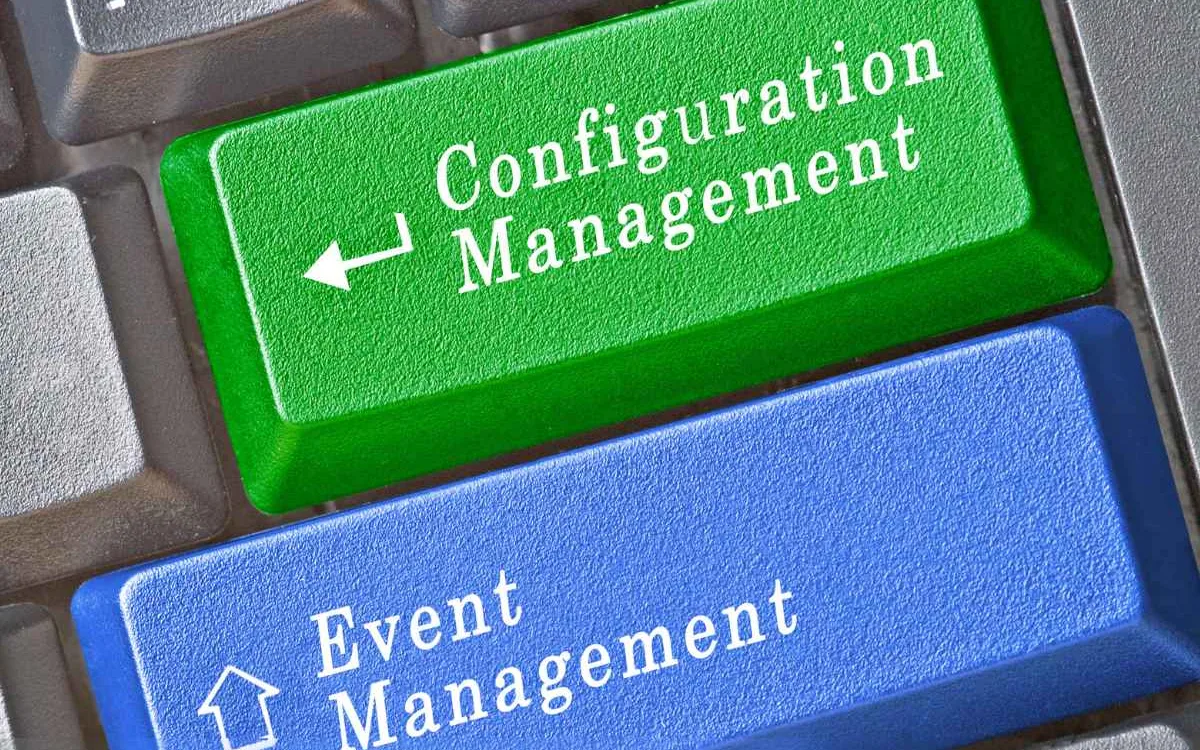Large-scale events, from international conferences to sprawling music festivals, represent a unique and demanding realm within the event management industry. They require a blend of meticulous planning, strategic foresight, and exceptional execution. Mastering this art is not merely about managing logistics; it’s about orchestrating experiences that leave lasting impressions on thousands.
1. Strategic Planning: Laying the Foundation for Success
The cornerstone of any successful large-scale event is a robust strategic plan. This goes beyond simple scheduling and involves defining clear objectives, identifying target audiences, and establishing a comprehensive budget.
- Define Objectives: What are the desired outcomes of the event? Is it to raise awareness, generate leads, or foster community engagement? Clearly defined objectives will guide every subsequent decision.
- Target Audience Analysis: Understanding your audience is paramount. Who are they? What are their interests? How can you tailor the event to meet their expectations and needs?
- Budgeting and Financial Management: Large-scale events involve significant financial commitments. A detailed budget, encompassing everything from venue hire to marketing expenses, is crucial. Contingency planning for unexpected costs is also vital.
- Timeline and Milestones: Create a realistic timeline with clearly defined milestones. This will ensure that all tasks are completed on schedule and that the event progresses smoothly.
2. Logistics and Operations: The Engine of Execution
The logistical complexities of large-scale events can be daunting. Effective logistics management is about ensuring that every element, from venue setup to transportation, runs seamlessly.
- Venue Selection and Management: Choosing the right venue is critical. Consider factors such as capacity, accessibility, and amenities. Effective venue management involves coordinating with venue staff, managing space allocation, and ensuring safety compliance.
- Vendor Management: Large-scale events often require the services of numerous vendors, including catering, security, and AV equipment. Establishing clear contracts, managing vendor relationships, and ensuring timely delivery are essential.
- Transportation and Accommodation: For events attracting attendees from afar, transportation and accommodation logistics must be meticulously planned. This includes coordinating airport transfers, booking hotel rooms, and providing clear travel information.
- Crowd Management and Security: Ensuring the safety and security of attendees is paramount. Develop a comprehensive crowd management plan, deploy trained security personnel, and establish clear emergency protocols.
3. Marketing and Communication: Amplifying the Event’s Reach
Effective marketing and communication are essential for attracting attendees and generating excitement.
- Integrated Marketing Strategy: Employ a multi-channel marketing strategy that encompasses digital marketing, social media, public relations, and traditional advertising.
- Content Creation and Engagement: Create compelling content that resonates with your target audience. This includes engaging social media posts, informative blog articles, and visually appealing promotional materials.
- Public Relations and Media Outreach: Secure media coverage to amplify the event’s reach. Develop strong relationships with journalists and bloggers, and provide them with timely and relevant information.
- Attendee Communication: Maintain clear and consistent communication with attendees before, during, and after the event. This includes providing timely updates, answering questions, and gathering feedback.
4. Risk Management and Contingency Planning: Preparing for the Unexpected
Large-scale events are inherently unpredictable. Effective risk management involves identifying potential risks and developing contingency plans to mitigate their impact.
- Risk Assessment: Conduct a thorough risk assessment to identify potential hazards, such as weather disruptions, security breaches, and technical failures.
- Contingency Planning: Develop detailed contingency plans for each identified risk. This includes having backup plans for venue changes, equipment failures, and emergency situations.
- Insurance and Liability: Ensure that adequate insurance coverage is in place to protect against potential liabilities.
- Emergency Response Protocols: Establish clear emergency response protocols and train staff on how to handle various emergency situations.
5. Post-Event Analysis and Evaluation: Learning and Improving
The event doesn’t end when the last attendee leaves. Post-event analysis and evaluation are crucial for identifying areas for improvement and ensuring future success.
- Attendee Feedback: Gather feedback from attendees through surveys, focus groups, and social media monitoring.
- Financial Analysis: Conduct a thorough financial analysis to assess the event’s profitability and identify areas for cost optimisation.
- Performance Evaluation: Evaluate the performance of vendors, staff, and other stakeholders.
- Lessons Learned: Document lessons learned and use them to improve future events.
The Role of Education and Professional Development
Mastering large-scale event management requires a combination of practical experience and formal education. An MBA in Event Management, such as that offered by Britts Imperial University College UAE, can provide a comprehensive understanding of the industry’s complexities.
- Britts Imperial University College UAE: This institution offers a robust MBA program that covers all aspects of event management, including strategic planning, logistics, marketing, and risk management. The program is designed to equip students with the knowledge and skills they need to excel in the industry.
- Industry Insights and Networking: MBA programs often provide opportunities to network with industry professionals and gain valuable insights into current trends and best practices.
- Advanced Management Skills: An MBA can enhance your management skills, including leadership, communication, and problem-solving, which are essential for managing large-scale events.
- Global Perspective: Studying in the UAE, a hub for international events, can provide a global perspective on event management and expose you to diverse cultural influences.
In conclusion, mastering large-scale event management is a challenging but rewarding endeavour. By focusing on strategic planning, meticulous execution, and continuous improvement, you can create unforgettable experiences that leave a lasting impact. A formal education like an MBA from Britts Imperial University College UAE can further refine your abilities, positioning you for success in this dynamic and demanding field.




